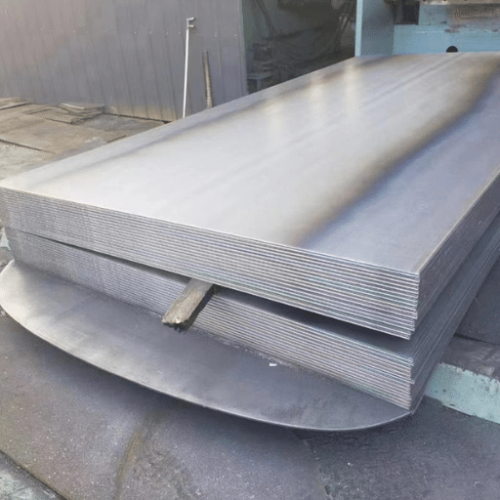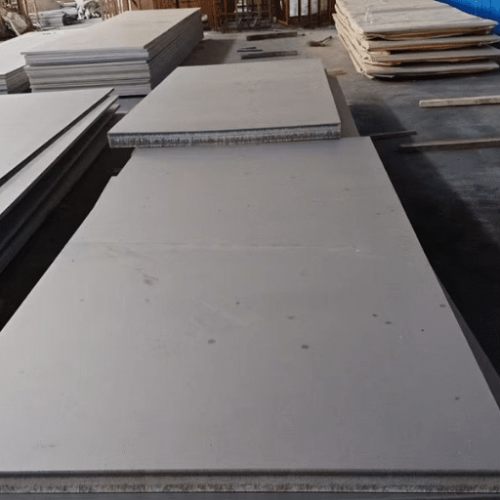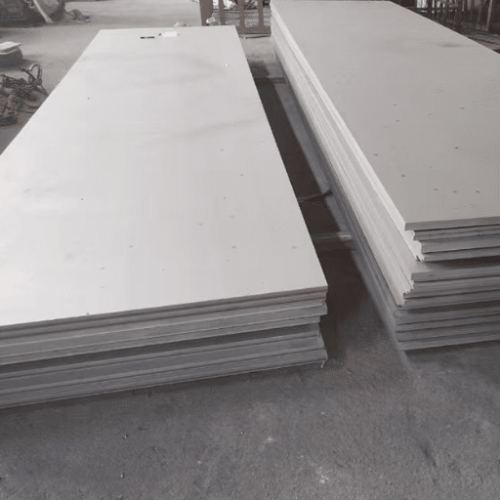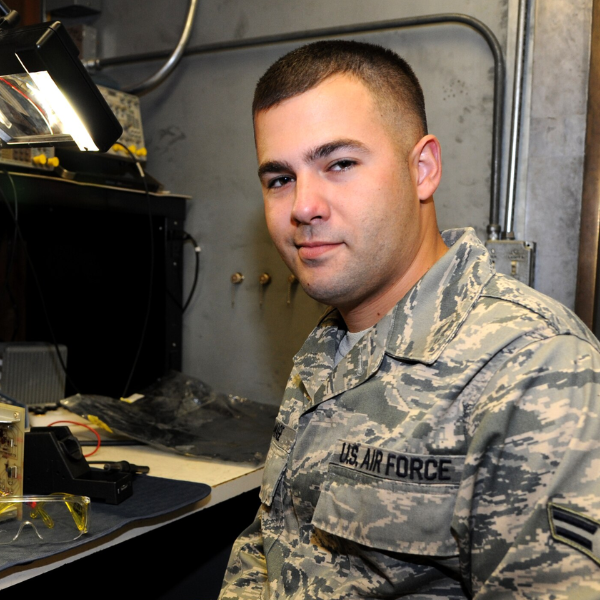Get in touch with us
Leave a message



The 4j44 Iron Nickel Alloy Plate is a high-precision material known for its outstanding thermal expansion stability and unique magnetic properties. This alloy is particularly suitable for applications requiring excellent dimensional stability under varying temperatures. Manufactured using advanced techniques, it is commonly utilized in sectors such as electronics, aerospace, and precision instruments.
Reach out to our sales team for a quote on 4j44 Iron Nickel Alloy Plate. Pricing varies based on specifications, order volume, and customization needs.
The 4j44 Iron Nickel Alloy Plate serves diverse applications, including but not limited to:
| Element | Percentage (%) |
|---|---|
| Nickel (Ni) | 43-45 |
| Iron (Fe) | Balance |
| Cobalt (Co) | 0.1 Max |
| Carbon (C) | 0.02 Max |
| Phosphorus (P) | 0.02 Max |
| Sulfur (S) | 0.02 Max |
| Property | Value |
|---|---|
| Tensile Strength | ≥450 MPa |
| Yield Strength | ≥240 MPa |
| Elongation | ≥30% |
| Hardness (HBW) | ≤200 |
The 4j44 Iron Nickel Alloy Plate provides robust resistance to atmospheric conditions and mild chemical agents, ensuring long-lasting performance in diverse environments. However, it is less resistant to strong acids or environments with high sulfur content.
| Environment | Corrosion Resistance |
|---|---|
| Atmospheric | Excellent |
| Freshwater | Excellent |
| Seawater | Good (pitting risk) |
| Non-Oxidizing Acids | Good |
| Oxidizing Acids | Moderate |
| Alkaline Solutions | Excellent |
Contact us for detailed corrosion resistance data specific to your application.

This 4j44 Iron Nickel Alloy Plate from our China supplier is perfect for satellite components. Its low CTE and reliability are unmatched.
Alan T.
Aerospace Technician

We rely on this invar plate for glass-to-metal seals. It’s easy to machine and offers great corrosion resistance.
Sophie R
Electronics Manufacturer

The nickel iron alloy properties of 4j44 make it ideal for precision instruments. The supplier’s quality is consistently excellent.
Mark D.
R&D Engineer
A: 4j44 has higher nickel (41-42%) than Invar 36 (36%), offering tailored CTE for specific uses.
A: Aerospace, electronics, telecommunications, automotive, and scientific instruments.
A: The 4j44 offers a very low thermal expansion coefficient compared to standard invar materials, making it more suitable for precision applications.
A: The alloy is highly efficient in cryogenic applications due to its exceptional stability under varying temperatures.
A: It is suitable up to 400°C; beyond this, performance may degrade under constant load.

Professional manufacturer of premium specialty alloys, offering stainless steel, Hastelloy, nickel-based alloys and processing services. Delivering superior metallurgical solutions for aerospace, petrochemical, marine engineering and other demanding industries.
©2025 alloy-materials.com COPYRIGHT ALL RIGHT RESERVED.